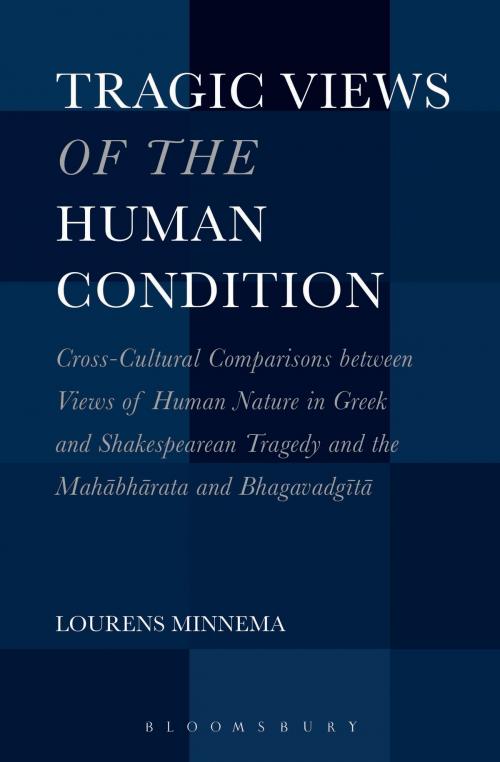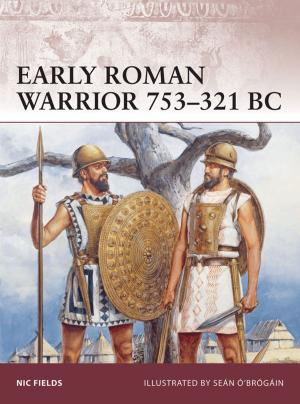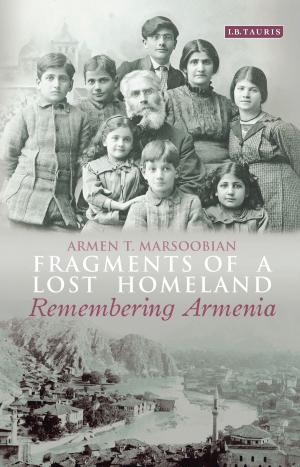Tragic Views of the Human Condition
Cross-Cultural Comparisons between Views of Human Nature in Greek and Shakespearean Tragedy and the Mahabharata and Bhagavadgita
Nonfiction, Religion & Spirituality, Reference, Comparative Religion, Philosophy| Author: | Prof. Lourens Minnema | ISBN: | 9781441100696 |
| Publisher: | Bloomsbury Publishing | Publication: | June 6, 2013 |
| Imprint: | Bloomsbury Academic | Language: | English |
| Author: | Prof. Lourens Minnema |
| ISBN: | 9781441100696 |
| Publisher: | Bloomsbury Publishing |
| Publication: | June 6, 2013 |
| Imprint: | Bloomsbury Academic |
| Language: | English |
Can tragic views of the human condition as known to Westerners through Greek and Shakespearean tragedy be identified outside European culture, in the Indian culture of Hindu epic drama? In what respects can the Mahabharata epic's and the Bhagavadgita's views of the human condition be called 'tragic' in the Greek and Shakespearean senses of the word?
Tragic views of the human condition are primarily embedded in stories. Only afterwards are these views expounded in theories of tragedy and in philosophical anthropologies. Minnema identifies these embedded views of human nature by discussing the ways in which tragic stories raise a variety of anthropological issues-issues such as coping with evil, suffering, war, death, values, power, sacrifice, ritual, communication, gender, honour, injustice, knowledge, fate, freedom. Each chapter represents one cluster of tragic issues that are explored in terms of their particular (Greek, English, Indian) settings before being compared cross-culturally. In the end, the underlying question is: are Indian views of the human condition very different from Western views?
Can tragic views of the human condition as known to Westerners through Greek and Shakespearean tragedy be identified outside European culture, in the Indian culture of Hindu epic drama? In what respects can the Mahabharata epic's and the Bhagavadgita's views of the human condition be called 'tragic' in the Greek and Shakespearean senses of the word?
Tragic views of the human condition are primarily embedded in stories. Only afterwards are these views expounded in theories of tragedy and in philosophical anthropologies. Minnema identifies these embedded views of human nature by discussing the ways in which tragic stories raise a variety of anthropological issues-issues such as coping with evil, suffering, war, death, values, power, sacrifice, ritual, communication, gender, honour, injustice, knowledge, fate, freedom. Each chapter represents one cluster of tragic issues that are explored in terms of their particular (Greek, English, Indian) settings before being compared cross-culturally. In the end, the underlying question is: are Indian views of the human condition very different from Western views?















